A newspaper column is supposed to be about personal views rather than personal news. But I thought readers could do with an explanation of why, regrettably, this one ends today.
Eight years after I left my last job with the SNP, thinking that was me finally done with working in politics (having first been employed by the party way back in 1989), I’m taking up a new post this month with the Scottish Government.
I have enjoyed sharing opinions in this weekly outlet. But my daily task now will be to offer thoughts to the First Minister and his colleagues, and explain their decisions through the media as best I can.
The Sunday name for this job is head of communications and strategic political adviser, familiarly known as “official spokesperson”.
I’m sure everyone will wish me luck in doing it, although some may want to proffer the bad variety.
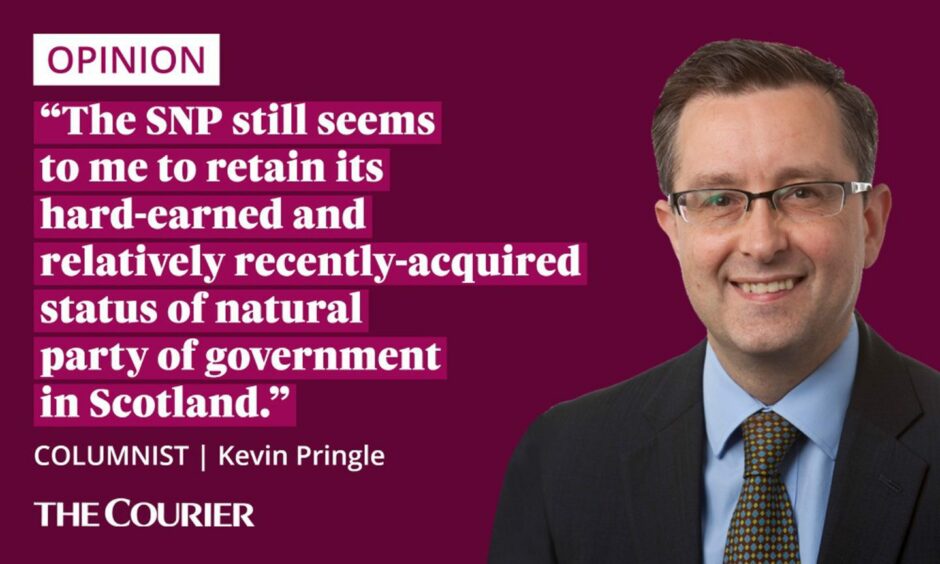
I was employed by the Scottish Government in a similar role during the earlier years of the SNP’s lengthy time in office: from 2007-12.
The perception is that these were halcyon days for the party, carrying all before it and with public approval in spades.
There was certainly a freshness about Scottish politics when the SNP was newly in power. But it was always difficult work.
This administration has a future, not just a past
I recall going into a Holyrood election year in 2011 with the SNP 10 points behind in the most recent opinion poll.
The latest poll, published last month, put the party 14 points ahead of Labour in the constituency vote for the Scottish Parliament, and 25 points ahead of the Conservatives.
Despite all the difficulties and controversies, the SNP still seems to me to retain its hard-earned and relatively recently-acquired status of natural party of government in Scotland.
I’m not saying this will be the case forever, but I think it holds true for now.
Indeed, a big part of the attraction of going back to work in government is that this administration (now SNP plus Greens) still has a future, not just a past.
There are three years to go until the next Scottish Parliament election, but what I don’t yet see is an alternative government among any of the opposition groups, with a compelling, coherent message for change.
Ironically, as well as being better for the UK, a Westminster Labour government elected next year could be a good thing for both the SNP and the cause of independence.
Britain’s problems are doing little for the Union
A red sky in the morning of a victory by Keir Starmer could signal a warning for Scottish Labour leader, Anas Sarwar.
All of a sudden, Labour would own all of the problems of Brexit Britain – which are many and growing – while probably lacking plans that are equal to addressing them.
This would, firstly, put a dampener on Labour’s prospects in Scotland.
Secondly, if the process of British decline continued under Sir Keir as prime minister, campaigners for an independent Scotland could legitimately point out that none of the available versions of the UK were working.
A pithy observation on the deep-seated nature of Britain’s economic malaise was given by Chris Patten, a former Conservative Party chairman, on the BBC Question Time programme last week.
“The truth is we’re in one hell of a mess,” he said.
“Our GDP per capita now is less than not only France, Germany, the Netherlands. It’s lower than Ireland, it’s lower for heaven’s sake than Lithuania. The poorest 20% in Britain are poorer than the poorest 20% in Poland.
“That is not the sign of a community, of a country, which has things going for it.”
“The truth is we’re in one hell of a mess”
Former Conservative party chairman, Chris Patten, condemns the economic situation in the UK citing inflation, lax monetary policy and Brexit, and calls for politicians to be honest with the public#bbcqt https://t.co/x3u55OzAyy pic.twitter.com/8xvCdvpfOP
— BBC Question Time (@bbcquestiontime) June 1, 2023
It’s hardly a rallying cry for the Union.
Scotland has much to recommend it – including its politics
Scotland has its own serious problems. But that shouldn’t blind us to successes.
Whatever our party politics and whoever is in power, we all have an interest in our nation doing well.
A fundamental indicator that many things must be right with our economy and public services is that Scotland – post-devolution – reversed its historic pattern of haemorrhaging people through emigration.
According to a report published in 2020, between 1951-52 and 2000-01, nearly 400,000 more people left Scotland for other parts of the UK than vice versa.
Since mid-2001, population flows from elsewhere in the UK increased numbers in Scotland by 137,000. Young people drove process, and net migration from overseas followed a similar pattern.
By understanding such trends better, we can capitalise on them more.
Compared to the last time I worked in government, I’m on friendly terms with more opposition MSPs (I won’t embarrass them by naming names). My belief is they are all in public life for the right reasons.
I hope there is enough commonality of purpose at Holyrood to address the issues facing Scotland with respect as well as strong belief: partisanship balanced by a degree of collegiality.
I’m looking forward to finding out.
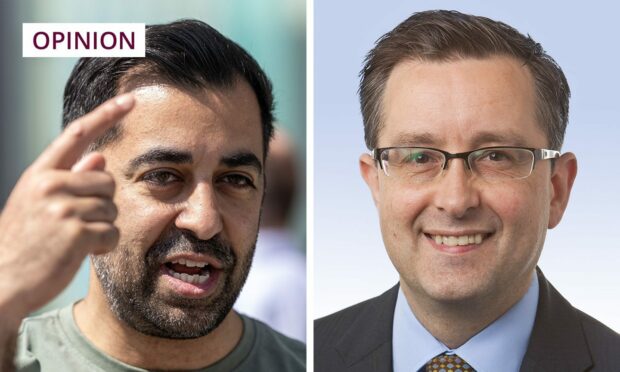
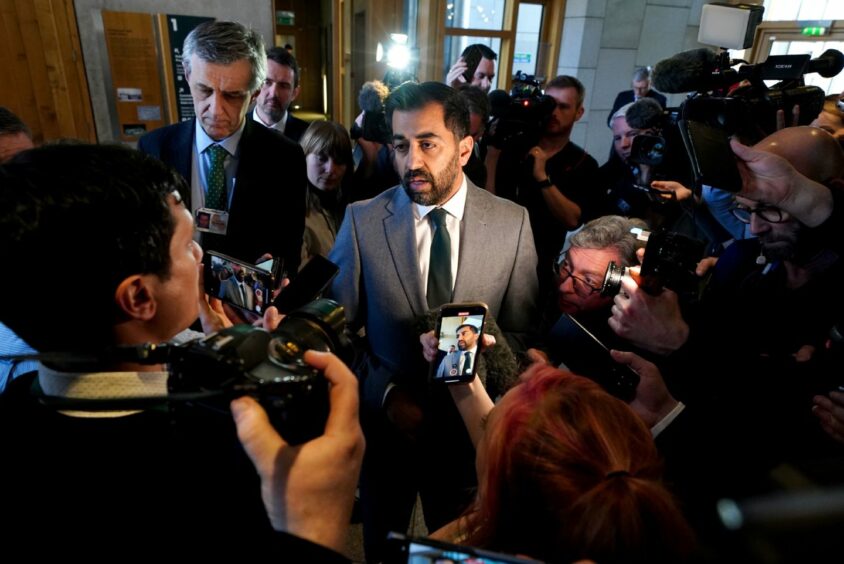
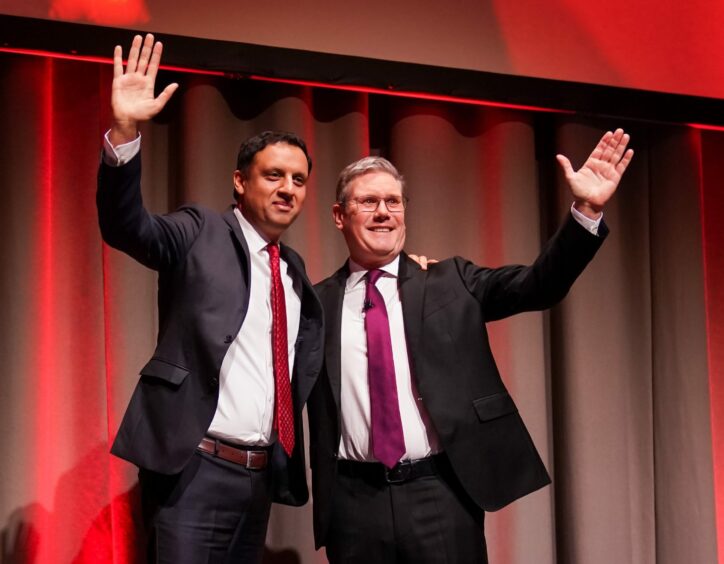

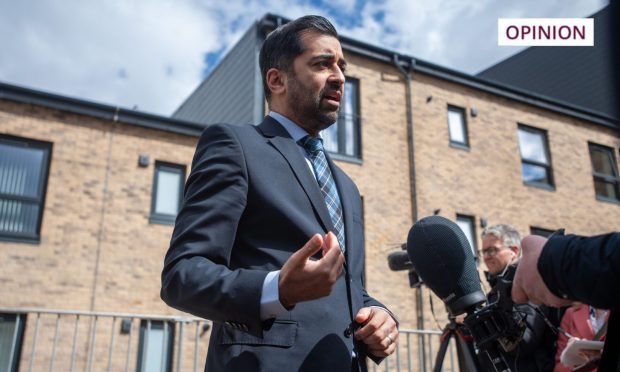
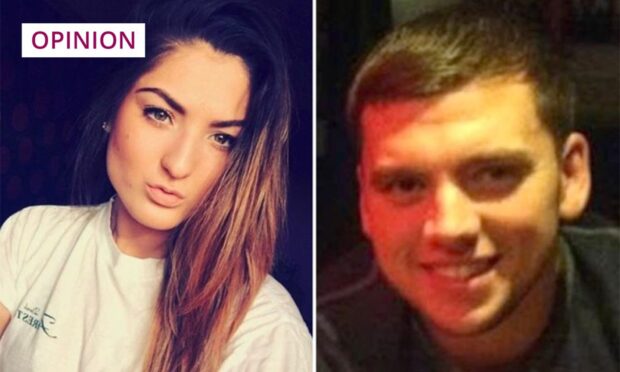
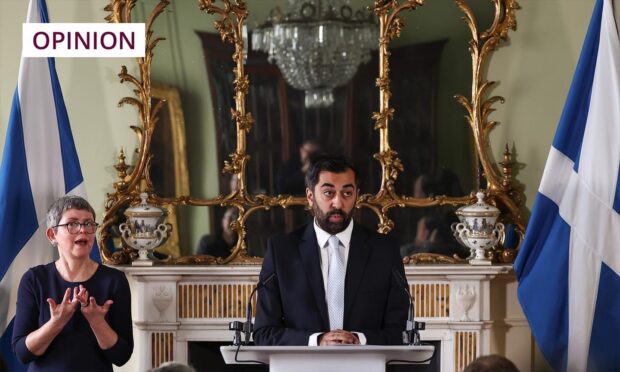
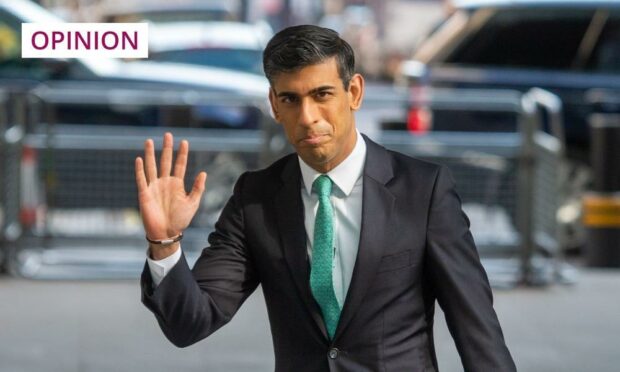
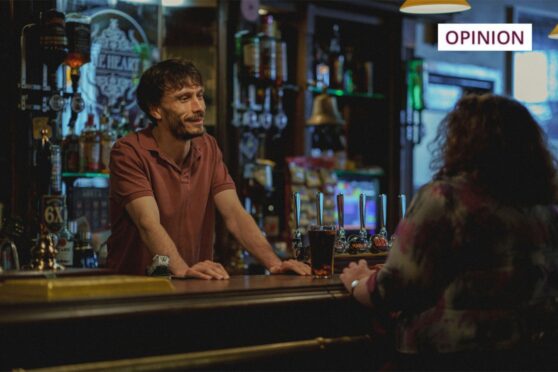
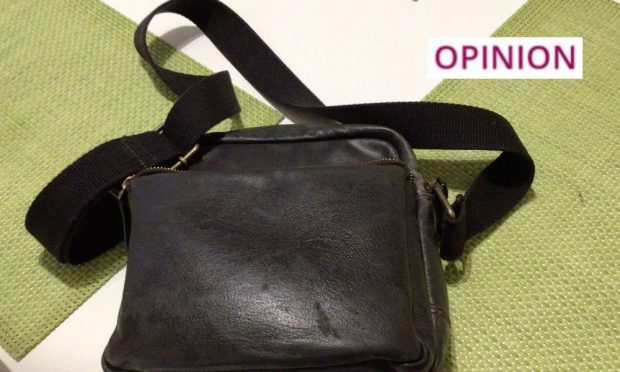
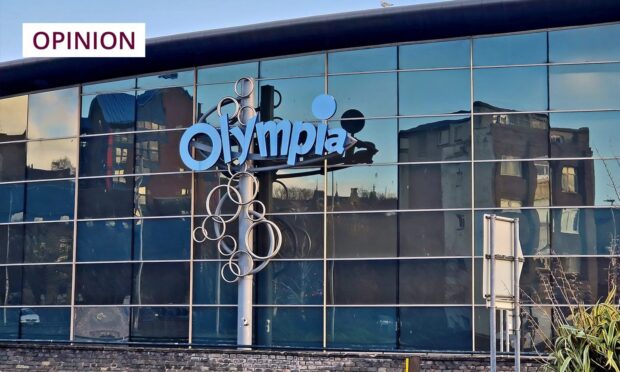
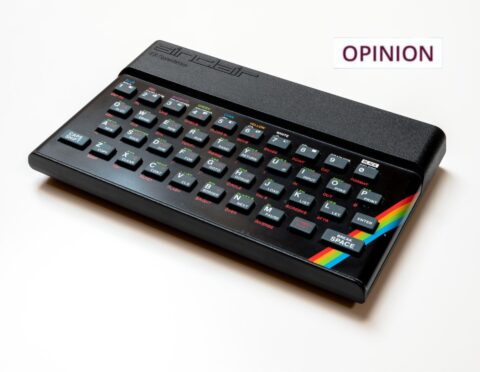
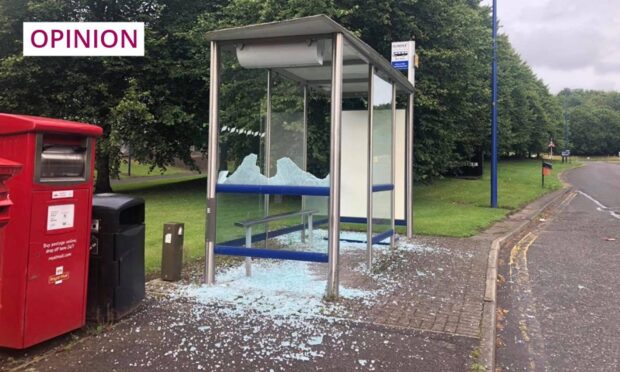
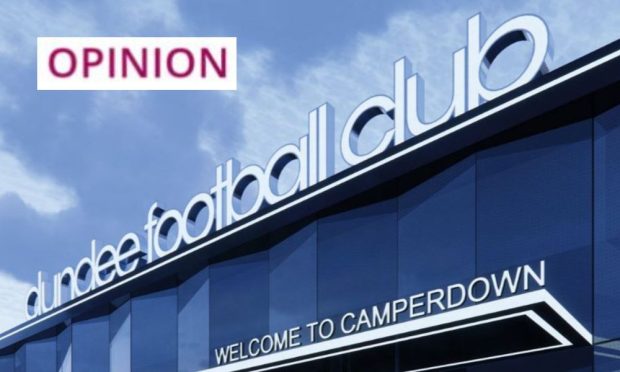
Conversation